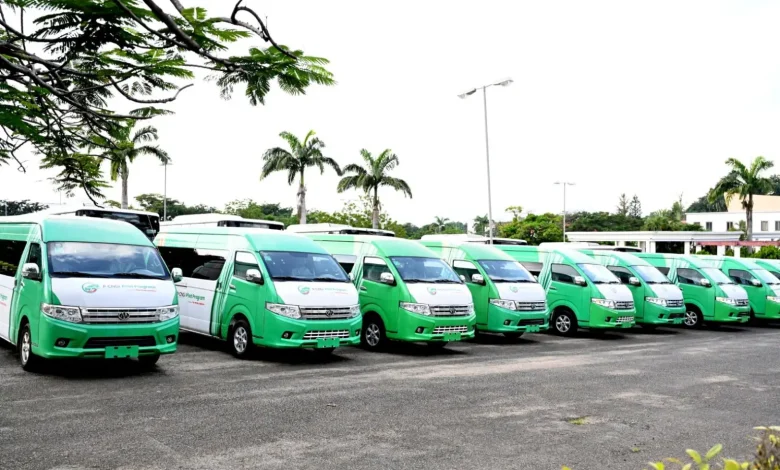Nigeria defends CNG vehicles as Malaysia plans phase-out amid safety concerns

The debate around Compressed Natural Gas (CNG) vehicles just got more intense as Malaysia announced plans to phase out CNG-powered vehicles by July 2025, raising questions about the future of alternative energy in transportation.
The move, which has sparked strong reactions in Nigeria, is being framed as a safety issue, but Nigeria’s government is standing by CNG, emphasizing its advantages over other options.
On Tuesday, September 3, 2024, Malaysian Transport Minister Loke Siew Fook announced that CNG vehicles, which are currently used by only 0.2% of the country’s vehicle owners, will no longer be allowed to be registered starting July 1, 2025.
“The NGV tanks of these vehicles are now reaching the end of their service life and need to be replaced,” Loke explained. “NGV tanks typically have a safe usage period of 15 years,” he added, underscoring that the move was intended to protect public safety.
However, the news has caused some confusion, with Nigerian officials quickly clarifying that the controversy in Malaysia is not about CNG itself, but rather Liquefied Petroleum Gas (LPG) vehicles, which have been linked to more serious safety concerns.
On Tuesday, September 3, Nigerian government spokesperson, Onanuga, took to social media to explain the situation. “Some clarification on Malaysia’s plan to phase out CNG-powered vehicles,” Onanuga wrote in a post on X (formerly known as Twitter).
“The Malaysian issue relates to the safety of LPG, NOT CNG. In the original report, Transport Minister Anthony Loke stated, ‘There are also some car owners who have modified their vehicles using liquefied petroleum gas (LPG) cylinders, which are very dangerous.’”
He went on to stress that Nigeria has focused only on CNG as a safe and affordable alternative to petrol. “NGV covers both CNG and LPG. Nigeria, in its transition, has adopted CNG ONLY, not both, due to valid safety and cost concerns regarding LPG,” Onanuga said.
Onanuga also pointed out that Malaysia’s shift from petrol and diesel vehicles had been largely ineffective, with only 0.2% of cars converted to CNG over the past 15 years. “By contrast, countries like India, China, Iran, and Egypt have seen considerable success in making CNG work,” he said.
In Nigeria’s case, Onanuga emphasized that the country is already developing its own CNG tank manufacturing capacity, which could set it apart from other nations. “The end of the 15-year CNG tank cycle means they need to replace tanks, and it was easier/cheaper to scrap their program and continue with petrol. But Nigeria is already ahead, building the infrastructure to make this transition smoother,” he explained.
While Malaysia’s phase-out plan might signal the end of its CNG program, Nigeria’s focus on CNG vehicles is gaining momentum as part of its strategy to reduce fuel costs and environmental impact. The outcome of these contrasting approaches will likely be closely watched by other nations exploring alternative vehicle fuels in the coming years.





